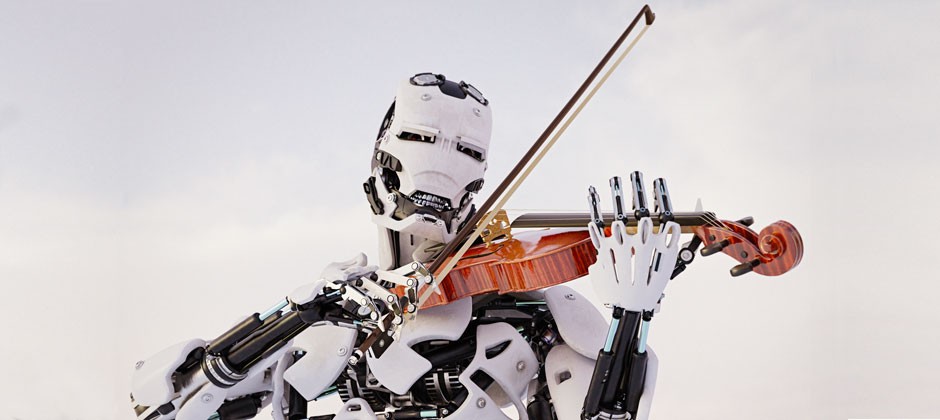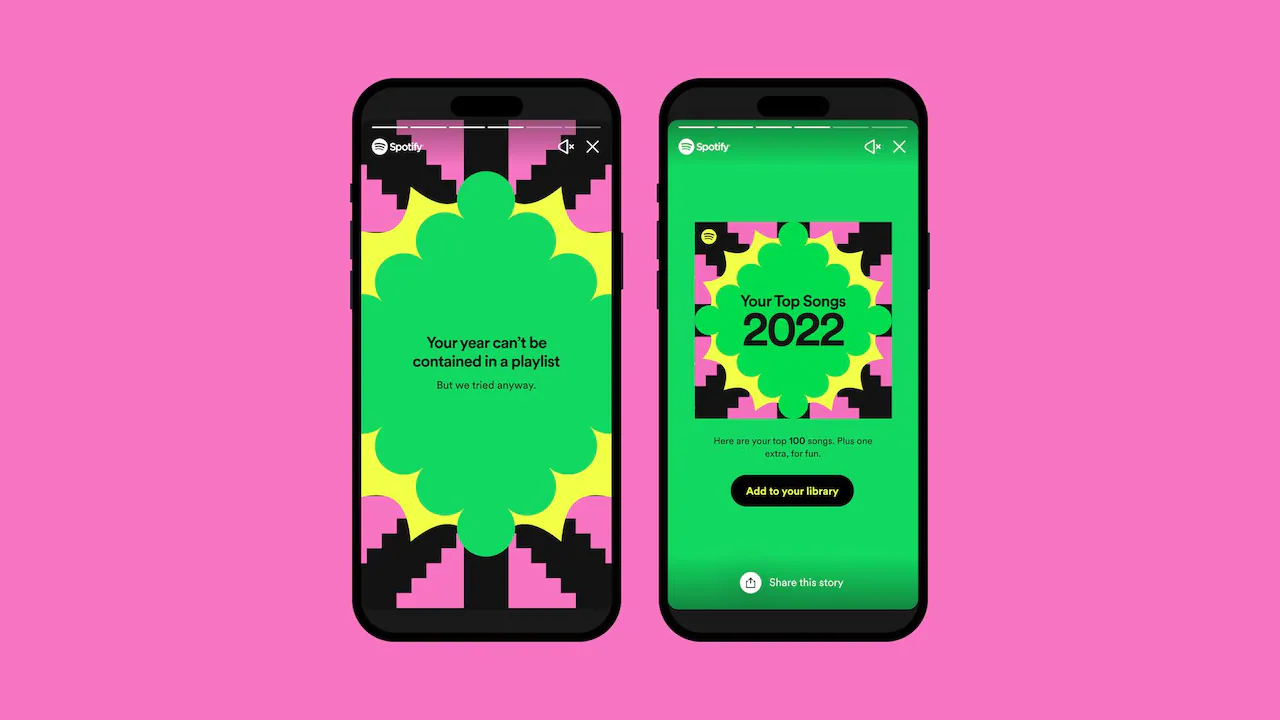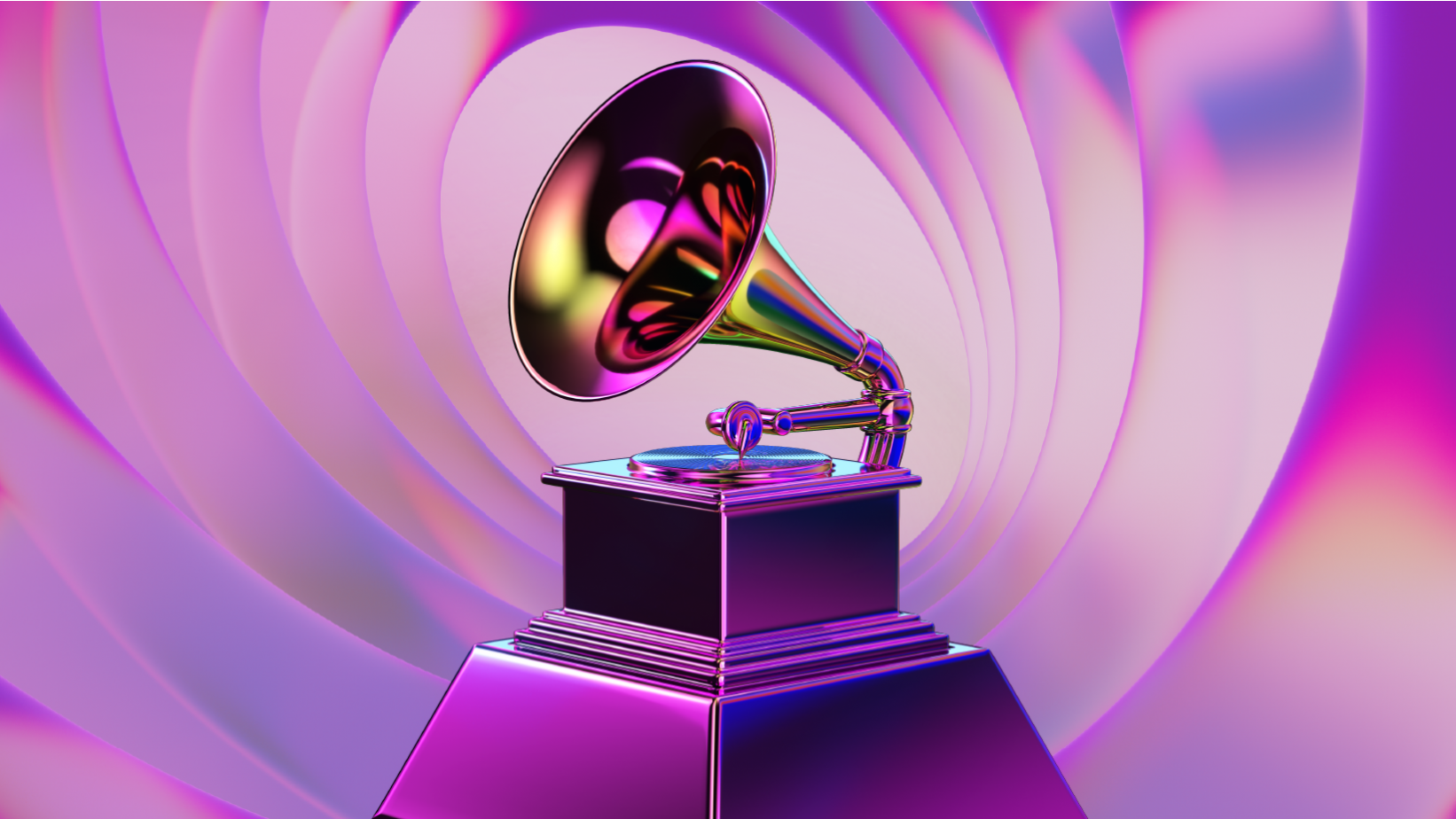
The use of artificial intelligence is rising in nearly every industry. AI can automate tedious tasks, but as it gets more advanced, the list of potential use cases is growing rapidly. Now, AI can be used to predict financial markets, give someone a recipe based on ingredients in their fridge, diagnose complex medical issues, and more. In the music industry, AI is causing a stir amongst artists, record labels, and distribution platforms like Spotify, threatening to change how the music game is played.
Now, musicians must come to terms with the fact that artificial intelligence can be used to do much more than mix basic beats or simplify the production process. Today, AI is successfully creating popular songs and mimicking human singers, changing the entire landscape of the music industry. Computers work faster than humans and never need a break – can AI dominate the streaming space and pull in astronomical sums of money due to increased production speed and quality? Only time will tell.
The Evolution of AI in Music
What started as simple beat mixing and autotune has evolved into a near-human replica of all that artists have been doing for centuries. Artificial Intelligence is capable of writing catchy verses, providing 100s of beat samples in seconds, and adding new music to the market at speeds that human artists can only dream of. What has long been seen as a tool for humans to simplify their artistic process is now threatening to demolish the reach that human artists can have.
Streaming Platforms, Royalties, and Market Share
As of 2023, 100,000 new tracks are uploaded to streaming platforms every day. These tracks range from well-crafted hit singles that took months or years to get right to nature sounds and white noise that are often found on popular sleep playlists. Since each streaming service pays artists and labels based on a complex set of rules including the number of streams and overall performance in comparison to other artists, the rise in AI-generated tracks will further complicate the payout process.
Should all music payouts be formulated equally, even if there is no human element behind it? Streaming services haven’t answered this, but whatever is decided will fundamentally change how real, human artists are seen and leveraged in the space. As the number of tracks offered to listeners continues to grow exponentially, the market share that human-created songs have will continue to decline, forcing streaming platforms to make tough decisions about how AI art should be valued.
Copyright Laws and Policies for AI
It’s no surprise that AI technology can work faster than humans; computers don’t need rest, never suffer from writer’s block, and aren’t liable for building relationships with fans. They only need to churn out catchy songs that are well-liked among audiences. In China, Tencent Music has released over 1,000 songs that used AI to mimic human vocals. One of these songs hit 100 million streams, becoming the first AI-vocal song to do so.
If a song doesn’t have an “artist” behind it, who gets the royalties? Should AI-generated music be valued the same as human-generated songs? Does a computer get copyright protections? These are all questions that the music industry has to answer, but, historically, policies have not given many protections to artistic products that were solely created by AI. In 2019, the US Copyright Office denied a copyright claim for AI-generated art, claiming that since there was no human authorship, no claim could be validated.
AI Art is Here, What Next?
Complex challenges will continue to pop up, requiring artists, labels, and those in the music industry to define technology’s relationship with music. At Korrect, we have dedicated our team to finding technical solutions that make royalty management easier for artists and their labels. We can now track and monitor AI assets with a new module for web scraping. This tool allows labels and publishers to get an accurate picture of assets that are loaded with DSPs and take action as needed.
While there are many ways for artists to optimize their own processes using artificial intelligence, it’s unclear whether the technology will threaten artists’ livelihoods down the line. Now is the time to pursue policy changes and protections for artists, otherwise the music industry may never look the same.




